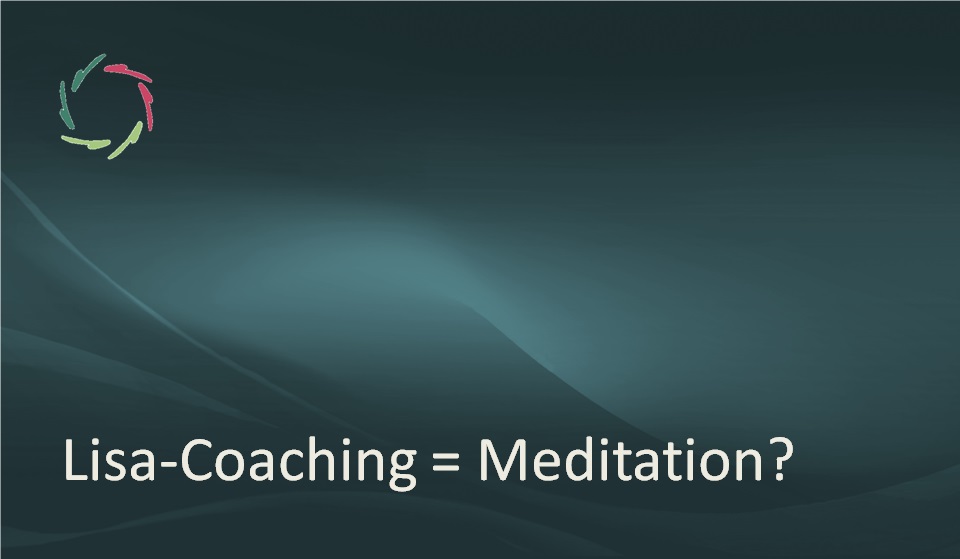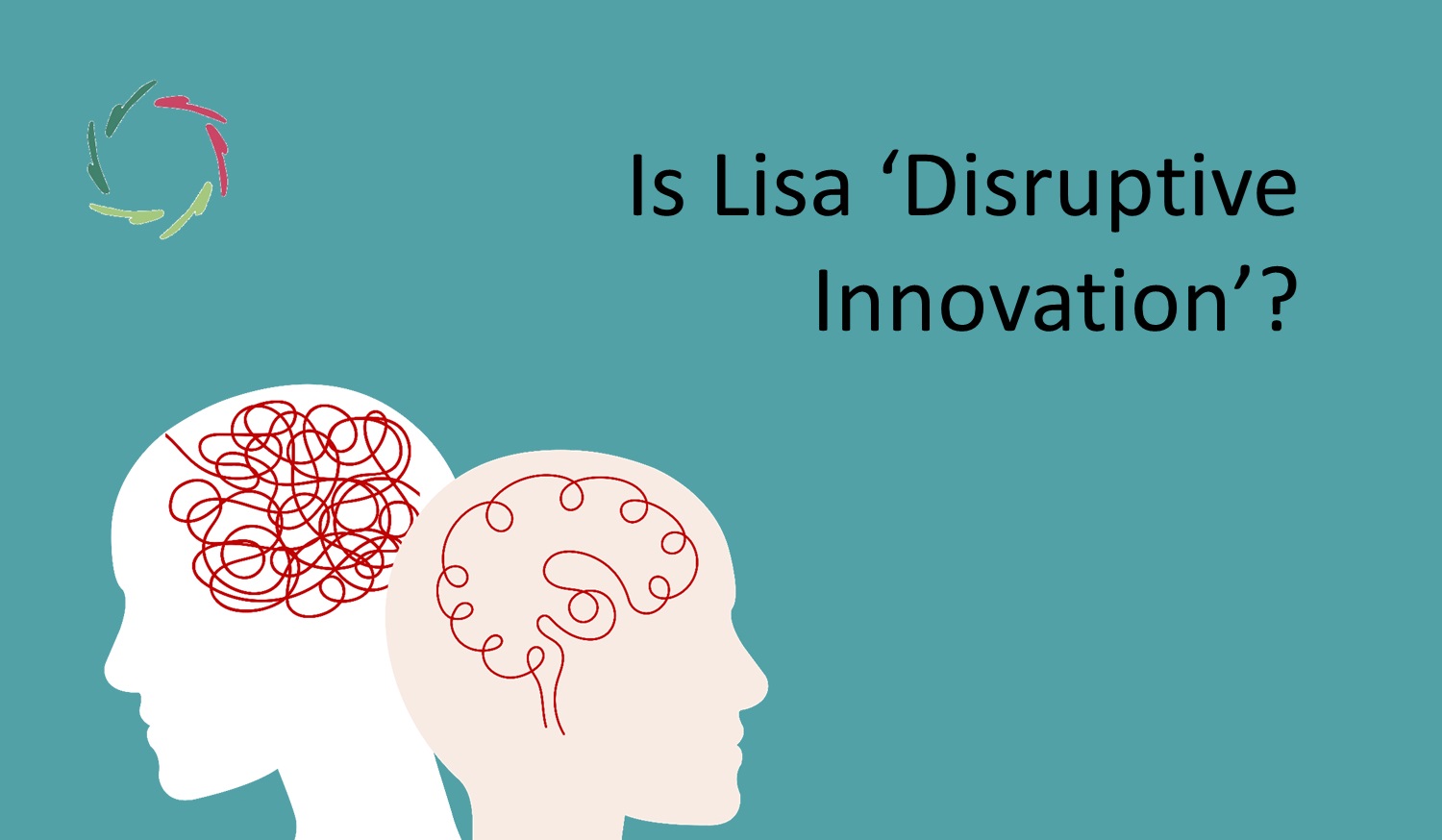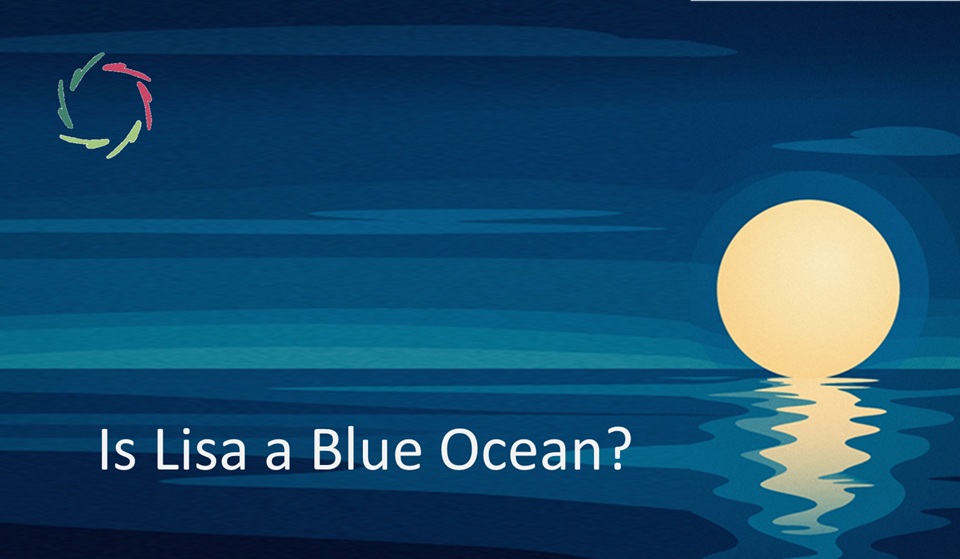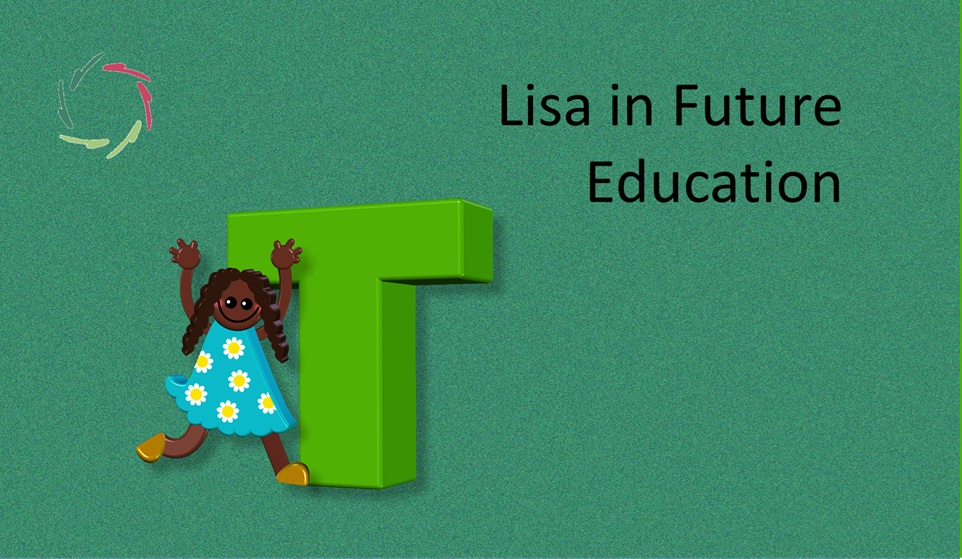Lisa-Coaching = Meditation?

Compassion, autosuggestion, from the inside, as by itself, subconceptual, meditative… These terms – frequently used in AURELIS and Lisa-setting – all denote a basis of meditation.
No conceptual psychotherapy techniques
Most Western schools of psychotherapy are based on a conceptual theory and teach therapists to use conceptual methodologies and techniques.
Lisa (coaching chatbot) doesn’t use any of these techniques as instruments on the user. This is also not done in the case of human-to-human AURELIS coaching. This is a reason for not calling it ‘therapy’ but ‘coaching.’
AURELIS coaching techniques do exist.
These are ways in which the human coach can attain more empathy and Compassion. The human coach is the instrument toward the client, inviting the latter toward self-Compassion. This is not pity. It is, indeed, meditation.
Lisa emulates a human coach when AURELIS techniques are used in Lisa-coaching. The aim of this is also meditative. No instruments are used toward the user. Here, too, Lisa is the only instrument.
This gives the user as a total person a high degree of freedom. Lisa explicitly takes care that this freedom doesn’t turn into chaos ― very important.
Meditation, making vertical contact
Meditation is a fuzzy term with many different meanings. Probably the most consistent meaning – also as used in AURELIS – denotes a letting go of (the idea of) exclusively conceptual thinking. This feels like human depth.
One may use the term this way for formal meditation on a cushion. For instance, Zen monks can spend many hours in such formal meditation during many days to attain ‘enlightenment.’
Interesting as this may be, neither the intensity nor such intensive aim is necessary for an attitude to be called meditative. Common to both is the ‘vertical contact,’ the going to the subconceptual level within oneself or in communication with others.
AurelisOnLine = meditative sessions
All the (1200 freely available) sessions in AurelisOnLine also have in common the autosuggestive, meditative invitation to temporarily let go of the strictly conceptual way of thinking.
This way, they form a consistent integration with Lisa’s coaching. Lisa regularly refers to them and invites the user to use them.
Autosuggestion, inviting this communication
The whole AURELIS project (see first two characters) revolves around communication to the subconceptual/non-conscious in the meditative sense as just described.
Note here: no digging, no Freudian looking for ‘conscious-like processing behind the fence.’ Quite the contrary. Subconceptual mental processing is not invaded but invited to come forward, whereby the total person can start an act of mental growth.
So, indeed.
In Lisa-coaching lies a continual invitation to a more meditative being and thinking/feeling, at least during the coaching. The user is free to take the invitation. Friendliness is always of utmost importance.
As a Compassionate coach (coaching chatbot), Lisa naturally leads to this.


